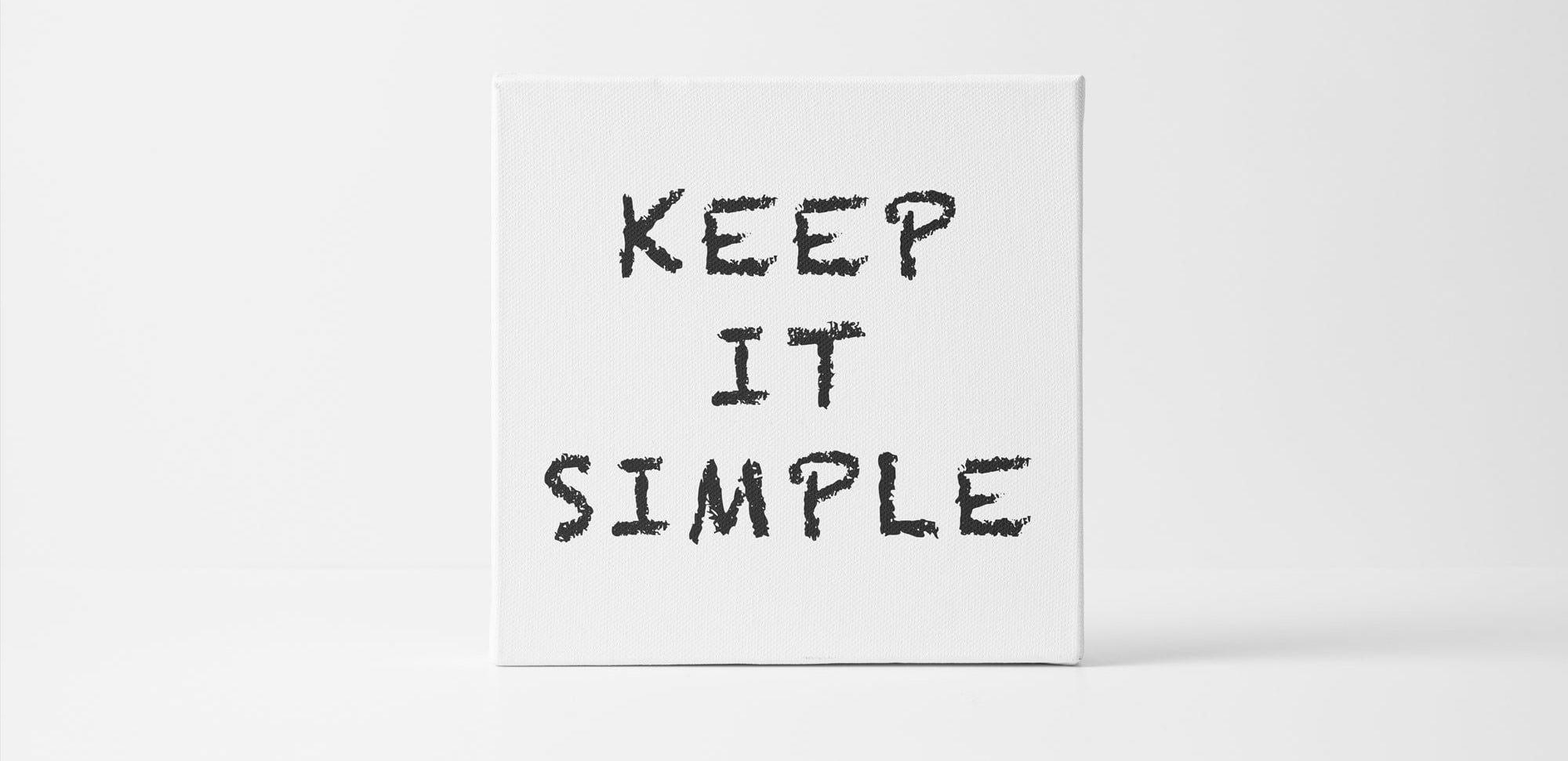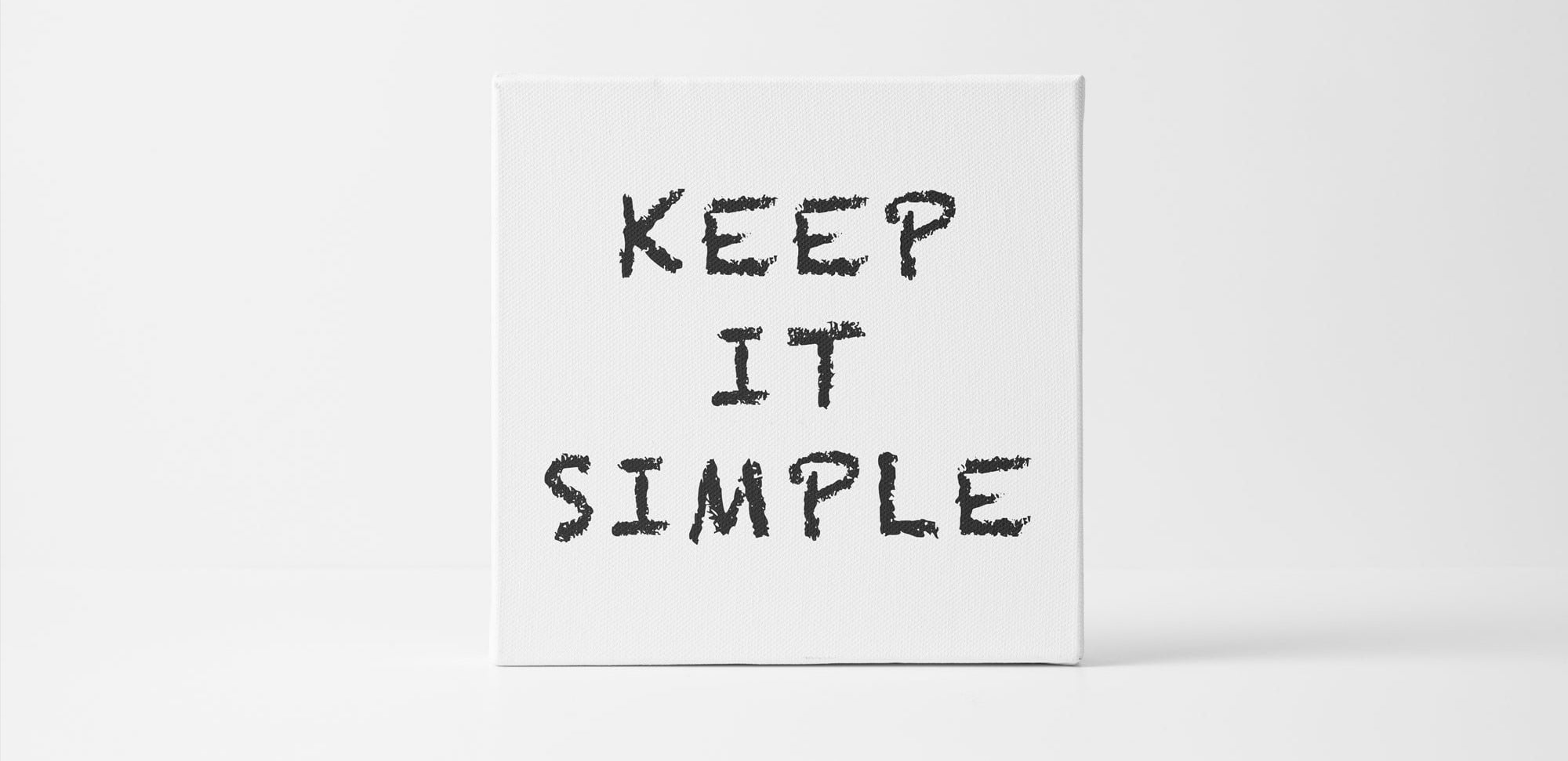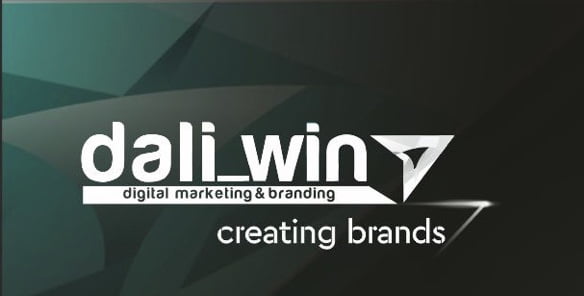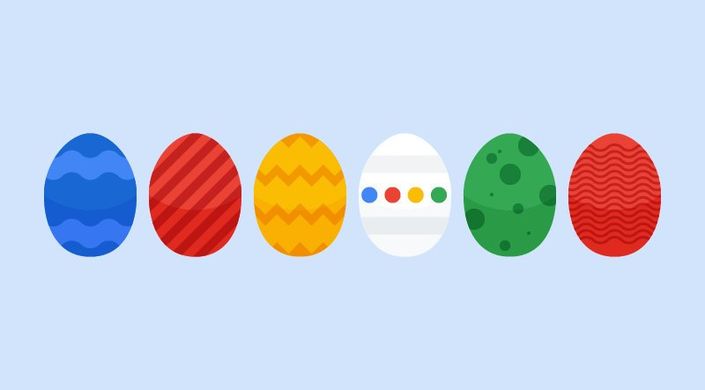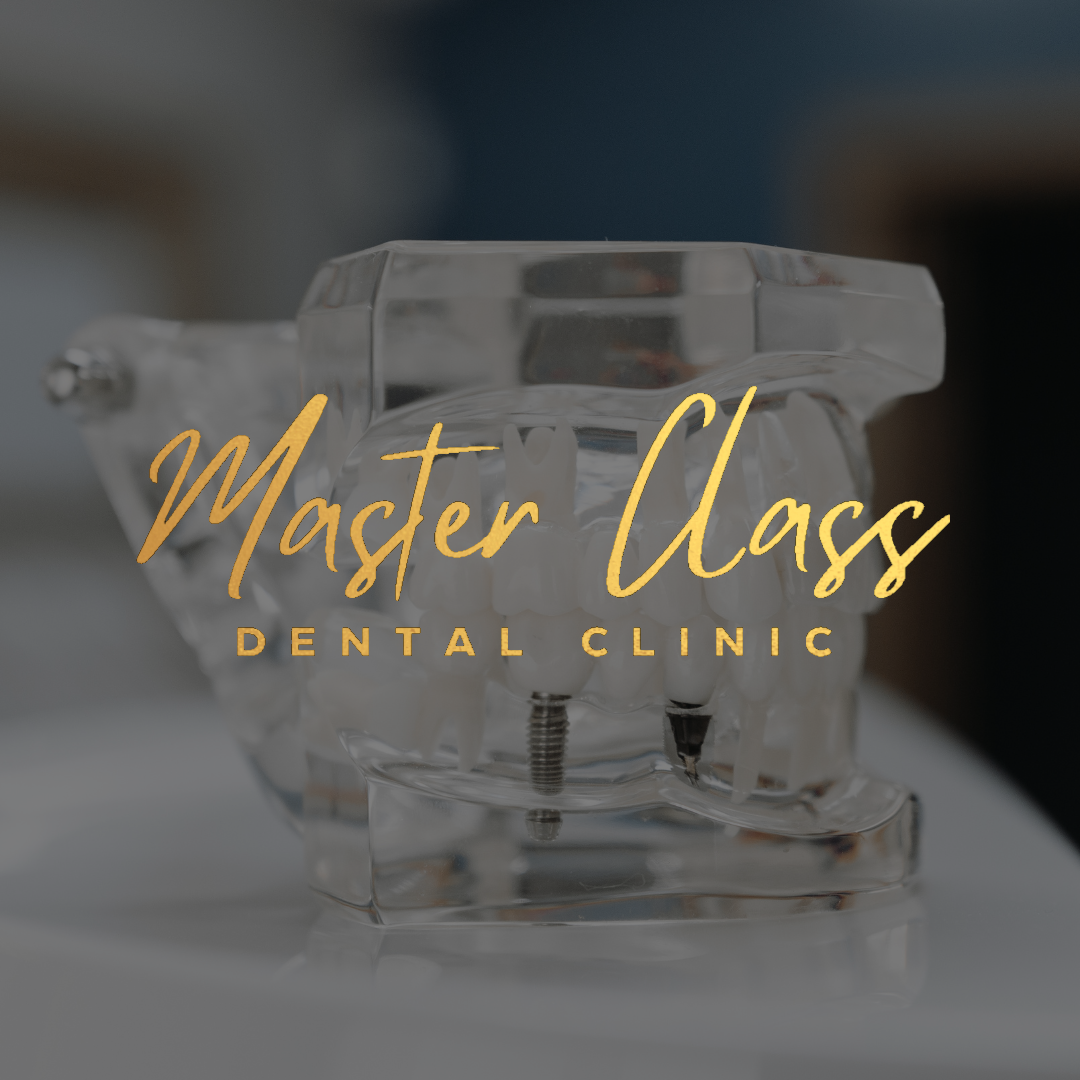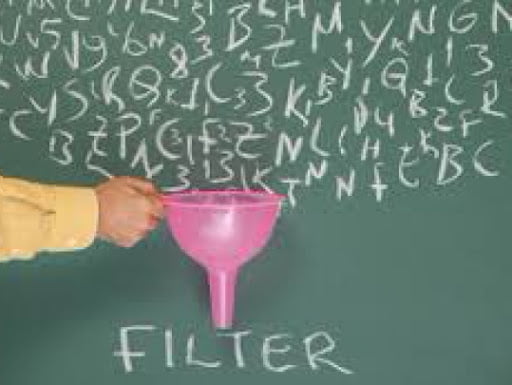In fact, everyone who is going to use social media advertising should ask a similar question: how much does Facebook advertising cost? And although, as is usually the case in such situations, there is no single universal answer, we will try to come close to it and even provide specific amounts.
We have been wanting to write such an article for a long time. We know that all data on the amounts allocated for Facebook advertising are approximate and should be adapted to a specific situation. For this reason, even trainers and practitioners who conduct training on Facebook avoid dealing with any amounts. It is very difficult to "extract" information from them about a sample cost per conversion or monthly budget. All the more reason to hope that this post will be useful to many people.
Advertising for hundreds or ... 5 dollars
The answer to the headline question is always problematic. Accounting for advertising in the press or even on Internet portals is relatively simple. We can get a price list from the publisher that clearly shows how much a half-page or full-page ad costs. On portals, it's a bit more complicated because we pay, for example, for 1,000 impressions of an advertising banner, but usually we can count on a ready-made package, such as 50 or 100,000 impressions for a certain price.
The problem with Facebook is actually its biggest advantage - the system is simply much more flexible. We can order an advertising campaign that will cost us several hundred dollars, but the minimum cost of a sponsored post is (in 2021) about 5 dollars!
No Facebook representative will offer us a specific package at a standard price. We have to decide for ourselves how much we want to spend on advertising, and such a wide range of options makes us confused.

Advertising effectiveness, i.e. conversion
Entrepreneurs who have previously used other forms of advertising, such as in the local press, sometimes believe that if they spend, for example, $200 a month on newspaper advertising, they can spend "up to $100" on advertising "on a Facebook like this." But why? Why would advertising on the Internet, even if it is targeted to a specific area, be cheaper than advertising on another medium?
In fact, the starting point should not be top-down assumptions, but goals and consequences. In the case of press advertising, they are difficult to measure, because we have calculated the conversion rate for a newspaper ad, right? There are ways that can help, such as discount coupons that the customer has to cut out of the newspaper and bring to the company, or you can measure the increase in orders or phone calls and emails from customers during the previous advertising and during the period. However, most companies do not do this.
Online advertising provides us with much more data, allowing us to measure the number of contacts with advertising and conversion in detail. Conversion - is the achievement of various goals, such as clicking on an advertisement or (preferably) attracting customers. However, since the goals can be different (e.g., visiting a website, subscribing to a newsletter, ordering a quote), it is not only sales that are important in practice.
The ideal - in any case - would be the ability to pay for results. So, if press advertising brought my company 100 inquiries or 10 clients after spending $250, the question about Facebook should be: how much should I spend to achieve the same effect from advertising on this site?

Calculate the cost of your campaign
If you want to know how much you should spend on Facebook ads, start by asking yourself how many conversions you want to get, for example, in a month. The answer "as much as possible" will not be very good for two reasons. First of all, because in most cases you simply cannot afford maximum efficiency. Secondly, even if you had unlimited financial resources, you might have trouble processing, for example, a million conversions.
You can place an ad on Facebook for $1, $5, $10, $50, or $100. However, the ad spend that is right for you is usually the result of a compromise between the effect you want to achieve and your financial capabilities. Do you want to spend $100 on advertising? No problem. But in order for us to answer the question of whether this is the right amount, we need to You need to know what your goals are.
Let's say your goal is 1000 conversions per month. Then the price of the ad campaign will be 1000 x X dollars, where X is the price per conversion. If the goal is to attract 1000 followers to a company profile or 1000 transactions, a budget of $50 will certainly not be enough. However, if you set a goal of 100 new Facebook subscribers, it will be already achievable.

Examples from practice
How do we know this? From experience. We run Facebook advertising campaigns for many companies, and in the cases we work with on a daily basis, the cost of Facebook advertising is usually between $0.10 and $3 per target (usually the target is to like the advertiser's profile and only transaction-oriented operations are performed on it).
The "from - to" range is huge, but that's what it looks like. So until you check it out for yourself, you won't know what conversion value your campaign will achieve. Much depends on the type of product/service, as well as the target group to which the offer is addressed, or simply on its market attractiveness from the recipient's point of view.
However, even such a very large range can already be valuable information for you. To begin with, you can take the average value from the data we have provided. Let's assume that the cost per click is $1.50. Therefore, if you want to "get" 100 clicks from Facebook per month, you will have to spend $150 on advertising. But if you are interested in 1000 clicks, spend $1500, and if you are interested in 10000, spend $15000.
Of course, in reality, the growth of fans or customers will not increase linearly, but these general assumptions will help you start planning your Facebook advertising campaign in a meaningful way. Then, such ads should be constantly monitored and improved to reduce the average cost per share. The better the ad, the lower its cost should be.

How much other people spend on Facebook
One blogger reported on Facebook that an online training advertising campaign cost him $150 and helped him sell 217 courses. Thus, the conversion rate in this case was $0.69. A great result! However, we must take into account that we are dealing with a well-known blogger, an influencer, a person who enjoys the recognition and sympathy of his recipients, and advertising was only an addition to the email campaign (sending a newsletter) to the subscriber base. So in this case, Facebook was more of a supporting character than a "virtual trader."
Advertising budgets for, say, a typical company ad, can range from a few tens of dollars to several hundred per month. In our experience, smaller companies often decide on a budget of several hundred - from $100 to $300. Note, however, that these are monthly budgets, so while it doesn't add up to much individually, the benefits achieved through such campaigns stem from their long-term nature.

In conclusion, we would like to point out a few important things.
Facebook ads do not have a single price - the cost is determined based on automatic auctions taking into account many parameters. In short, the more popular the ad, the lower the cost of conversion. For this reason, advertising jewelry (a product that arouses consumer interest) will usually be cheaper per 1000 impressions or 1000 clicks than ads for a company that rents construction equipment (a business offer in a fairly narrow category).
The cost of conversion will also depend on what your goal is. If you are interested in leaving a potential customer's contact or completing a transaction, the cost can be several tens of dollars, for example. However, if the goal is to visit a website or like a Facebook profile, the cost can drop to a few tens of cents.
After a few months of running and optimizing your campaign, you can easily link the budget to the effects. If the average cost per conversion over several months is, for example, $1, this gives you a rough idea of how much you need to spend to achieve, for example, 1000 conversions.
It is better to run a Facebook campaign on an ongoing basis. In most situations, when promoting a particular brand or its offer, it is better to spend a smaller amount over a longer period of time than to spend large amounts at once. The exception is periodic promotions and other activities that need to deliver a "big hit" in a short time.




